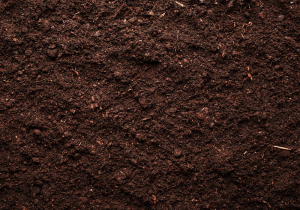Many buyers are concerned about whether a home will fail an inspection due to radon. Radon is a naturally occurring gas that can be found in the soil, and it can enter homes through cracks in the foundation. Although radon is not always detectable, it can be measured with a special test. Radon inspections are not included in typical home inspections. Keep reading to learn more.
What Is Radon
 Radon is an odorless, colorless gas that can be found in the air we breathe. It is a natural radioactive element that originates from the breakdown of uranium present in nearly all soils and rock formations. Radon exposure can cause serious health risks, as it’s the leading group of causes for lung cancer next to cigarette smoke. In order to reduce exposure to this substance, proper ventilation is essential. Mitigation systems and sealing crawl spaces are two common ways to reduce concentrations of the gas indoors. By understanding how radon works and what preventative measures can be taken, we become better informed on how to protect ourselves from its harmful effects.
Radon is an odorless, colorless gas that can be found in the air we breathe. It is a natural radioactive element that originates from the breakdown of uranium present in nearly all soils and rock formations. Radon exposure can cause serious health risks, as it’s the leading group of causes for lung cancer next to cigarette smoke. In order to reduce exposure to this substance, proper ventilation is essential. Mitigation systems and sealing crawl spaces are two common ways to reduce concentrations of the gas indoors. By understanding how radon works and what preventative measures can be taken, we become better informed on how to protect ourselves from its harmful effects.
Health Effects Of Radon Exposure
Radon is a naturally-occurring gas that can seep from the ground and accumulate in enclosed spaces. Ingesting high levels of radon over a long period of time can cause serious health hazards. Generally, people are exposed to low levels of radon through everyday activities and do not face any negative impacts. However, when excessive amounts of the gas build up indoors, it may lead to a number of respiratory illnesses and even cancer. Therefore, it is important for people to have their homes tested for radon regularly in order to ensure their family’s safety and wellbeing.
Why Test For Radon During A Home Inspection?
 Radon is a radioactive gas that occurs naturally in the environment and can accumulate in homes and other structures. While it is typically harmless outdoors, high levels of radon exposure indoors are linked to a variety of serious health risks. Having a certified home inspector test for radon during an inspection is essential for ensuring a safe living environment and reducing the potential risk from long-term exposure. A reliable assessment can help homeowners take steps to reduce levels around their homes if necessary, often for just a small additional cost. In short, testing for radon during a home inspection can prevent health complications down the line and should always be part of the home inspection process. A radon inspection isn’t necessary but it’s highly recommended. Contact our home inspection company to get started.
Radon is a radioactive gas that occurs naturally in the environment and can accumulate in homes and other structures. While it is typically harmless outdoors, high levels of radon exposure indoors are linked to a variety of serious health risks. Having a certified home inspector test for radon during an inspection is essential for ensuring a safe living environment and reducing the potential risk from long-term exposure. A reliable assessment can help homeowners take steps to reduce levels around their homes if necessary, often for just a small additional cost. In short, testing for radon during a home inspection can prevent health complications down the line and should always be part of the home inspection process. A radon inspection isn’t necessary but it’s highly recommended. Contact our home inspection company to get started.

